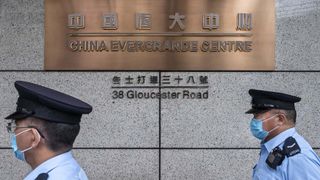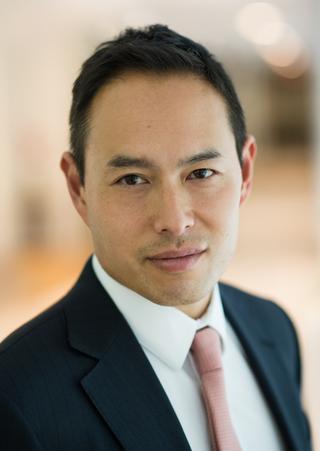The world has been watching as the Chinese real estate giant Evergrande flails, and some have been asking whether Beijing will soon have a moment akin to 2008’s collapse of Lehman Brothers in America. Xi Jinping may manage to prevent the burst of the real estate bubble, but China’s economy isn’t heading for more sustainable growth. Evergrande’s woes are a reminder that China’s political economy under Mr. Xi has become even more unstable, even as Beijing grows more impatient to displace America as the dominant power. Time is not on China’s side.
The global financial crisis that began with the collapse of Lehman Brothers in September 2008 led to a severe liquidity crunch as financial institutions lost faith in the capacity of one another and commercial firms to repay their loans. China’s financial system doesn’t work this way. Loss of faith in the commercial worthiness of other entities isn’t fatal. Instead, banks and other financial institutions unfailingly lend if instructed to do so by political masters.
This happened in 2008, when Chinese state-owned banks injected about $15 trillion of new capital into the economy for fixed-investment projects over the next six years, as export markets in North America and Europe stagnated. This was about 1.5 times the size of the entire American commercial banking system at the time. Politically driven lending has been a feature of the Chinese political economy ever since.
There are other tools in the Chinese Communist Party kit bag. Loans and bond payment obligations are forcibly rolled over or deferred to ensure nonperforming loans and defaults don’t weigh down a lender’s books. State-owned and even private firms are compelled to purchase bonds issued by moribund corporate entities. In short, the determinants of liquidity in the Chinese system are political, not commercial—and the Chinese Communist Party has the tactical wherewithal to avoid a Lehman Brothers moment.
But aren’t Evergrande’s woes evidence that Beijing is serious about deflating a dangerous real estate bubble, reducing moral hazard in lending and breaking the economy’s addiction to debt, to prevent a terrifying reckoning sometime in the future?
Mr. Xi is promising to achieve all that—but the reality is that local governments normally derive about one-third of revenues from land sales and real-estate transactions. In the 18 months of the pandemic, more than half of the revenues for local governments have come from property, as corporate income taxes and value-added tax receipts declined.
Beijing cannot turn a blind eye to this: Local governments are responsible for providing around three-quarters of all social and public goods such as hospitals and schools. Overstep the mark on Evergrande or firms like it—and their distress will only increase fears that guaranteed capital appreciation for real-estate assets is no longer a safe assumption.
That would lead to a rapid cooling of the real-estate market and cause systemic failures. For example, purchases of existing and off-the-plan properties are used extensively as collateral for further borrowings, and any rapid deflation in asset values could pose a profound risk to the entire economy.
Any permanent slowing of credit and restrictive lending policies will mean that even more state-owned-enterprises and property developers will struggle to meet their debt obligations, putting more firms in the Evergrande predicament. At the same time, credit-issuing institutions in the formal and shadow banking industries would suffer more defaults by borrowers, which will reduce their capacity to issue new loans. That would damage China’s only reliable way of generating the growth demanded by politics.
This means that the political economy will remain largely unchanged even if Evergrande is allowed to fail. Evergrande’s model of “three highs and one low”—high debt, high leverage, high turnover and low cost—will remain the Chinese modus operandi.
Mr. Xi’s pledge to reduce inequality by cutting down billionaires such as Evergrande’s Xu Jiayin is a smoke screen. The primary cause of inequality in China is entrenched privileges for state-owned-enterprises and the well-connected at the expense of the truly private economy. Until discrimination against the latter is reduced, wealth won’t be better distributed, and household income won’t increase enough to drive and sustain the domestic consumption-led growth promised by Chinese leaders.
Mr. Jinping is determined to tighten his hold on economic power to the country’s detriment. He is also impatient to challenge American pre-eminence. China’s material power is formidable and shouldn’t be underestimated—but Beijing doesn’t start from the position of strength that it is eager to project.






